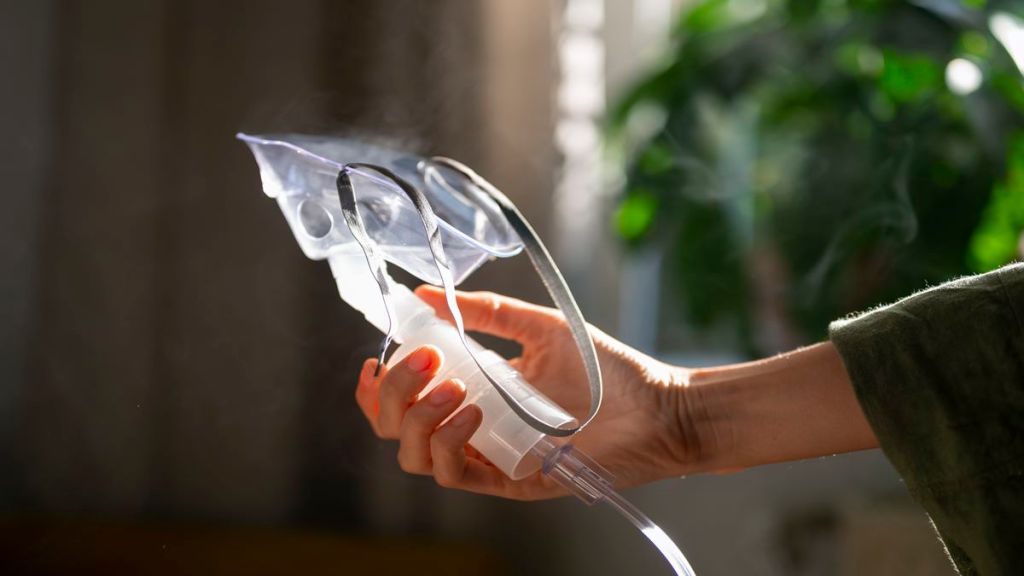Actor Samantha Ruth Prabhu is in the headlines but not for the right reasons. A recent post by the Kushi actor has landed her in trouble and sparked a controversy. The actor recently posted a story on her Instagram account advocating the use of hydrogen peroxide “to prevent and treat viral respiratory infections.”
Following her post, the Liver Doc aka Dr Cyriac Abby Philips took to X (erstwhile Twitter) and condemned Samantha for promoting a “dangerous treatment.” The doctor called her a ‘health illiterate’ and slammed her for spreading misinformation.
Later, the actor also took to her Instagram account and issued a long statement and asked the doctor to be polite. The actress, who recently underwent a Myositis diagnosis, explained that she ‘merely suggested’ hydrogen peroxide nebulisation with ‘good intention’ because it was recommended by a ‘highly qualified doctor.’
To this, the Liver Doc hit back and called her a “serial offender.”
“Please note, she is a serial offender in the context of healthcare misinformation and she has been in the line of fire previously too. The reason why doctors like me have to spend (waste) time from our busy schedules to fight misinformation online is because it is peddled by large influential “celebrity” accounts that have no regard for public health,” Dr. Philips said.
Amid this heated exchange, it is important to understand what is hydrogen peroxide nebulisation and if it really can cure viral respiratory illnesses.
What is hydrogen peroxide nebulisation?
A nebulizer is a “breathing machine” used to treat asthma. The Asthma and Allergy Foundation of America (AAFA) issued a warning against breathing in hydrogen peroxide through nebulizers to try to prevent or treat COVID-19. This came after several videos of inhaling hydrogen peroxide on social media were circulating.
According to AAFA, hydrogen peroxide can be used as a cleaner and stain remover and can cause tissue damage if you swallow it or breathe it in. According to the Agency for Toxic Substances and Disease Registry:
“Hydrogen peroxide can be toxic if ingested, inhaled, or by contact with the skin or eyes. Inhalation of household-strength hydrogen peroxide (3%) can cause respiratory irritation. Exposure to household-strength hydrogen. peroxide can cause mild ocular irritation. Inhalation of vapors from concentrated (higher than 10%) solutions may result in severe pulmonary irritation.”
Dr. Philips, while citing these findings, criticised the actor and said: “In a rational and scientifically progressive society, this woman will be charged with endangering public health and fined or put behind bars. She needs help or a better advisor in her team.”
‘Not enough scientific evidence’
There are also several claims stating hydrogen peroxide nebulisation can be beneficial to treat chronic obstructive pulmonary disease (COPD). However, there is currently not enough evidence to support this claim. Inhaling or ingesting hydrogen peroxide may cause serious harm, Medical News Today states.
The COPD Foundation states that nebulizing hydrogen peroxide is dangerous and does not recommend it for the treatment of COPD or any other lung condition. Moreover, FDA has also approved nebulized hydrogen peroxide for any medical use, including the treatment of COPD or other chronic lung diseases.
What are the side effects of inhaling hydrogen peroxide?
The US body maintains that Hydrogen peroxide can be toxic if people ingest or inhale it or if it makes contact with the skin or eyes. Exposure to hydrogen peroxide can cause headaches, dizziness, nausea, and vomiting.
Inhaling hydrogen peroxide can lead to:
- nose and throat irritation
- lung irritation
- pulmonary edema, a buildup of fluid in the lungs, which is a medical emergency and can be fatal
In rare cases, it can lead to a gas embolism, which is when bubbles of air or gas travel to the circulatory system. This embolism can cause a blockage and result in a stroke. These complications can sometimes be fatal, Medical News Today reported.

